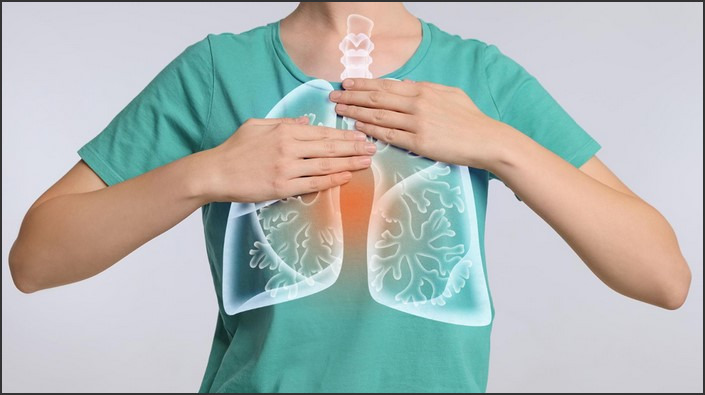Stages of COPD: Understanding Chronic Obstructive Pulmonary Disease

Chronic Obstructive Pulmonary Disease (COPD) is a progressive lung disease that makes it difficult to breathe. The stages of COPD, which range from mild to very severe, are determined based on the severity of symptoms and the results of breathing tests. These stages help doctors to understand the progression of the disease and to decide on the most appropriate treatment. Understanding the stages of COPD is crucial for patients and healthcare providers to manage the disease effectively and improve the patient’s quality of life.
Navigating the Stages of COPD: A Comprehensive Guide to Understanding Chronic Obstructive Pulmonary Disease
Chronic Obstructive Pulmonary Disease (COPD) is a progressive lung disease that makes it difficult to breathe. It is characterized by the obstruction of airflow from the lungs, which worsens over time. Understanding the stages of COPD is crucial for patients and their caregivers, as it provides a roadmap for managing the disease and planning for the future.
COPD is typically classified into four stages, each representing a different severity level of the disease. The first stage, known as mild COPD, is often overlooked because its symptoms can be subtle. Patients may experience a persistent cough, increased mucus production, and slight shortness of breath, especially during physical exertion. However, these symptoms are often dismissed as signs of aging or being out of shape. Despite the mild symptoms, it is essential to seek medical attention at this stage, as early diagnosis and treatment can slow the progression of the disease.
The second stage, moderate COPD, is when symptoms become more noticeable and disruptive to daily life. Patients may experience increased coughing and mucus production, shortness of breath, fatigue, and frequent respiratory infections. At this stage, patients often seek medical attention due to the impact on their quality of life. Treatment typically involves medication to manage symptoms and lifestyle changes, such as quitting smoking and adopting a healthier diet and exercise routine.
The third stage, severe COPD, is characterized by even more significant breathing difficulties. Patients may experience frequent respiratory infections, weight loss, and reduced physical endurance. At this stage, the disease significantly impacts daily activities, and patients may require oxygen therapy or other treatments to manage symptoms. It is also crucial to monitor for signs of complications, such as heart disease and lung cancer, which are more common in people with severe COPD.
The fourth and final stage, very severe COPD, is the most advanced stage of the disease. Patients may experience extreme shortness of breath, even at rest, frequent respiratory infections, and significant weight loss. At this stage, the disease can be life-threatening, and patients may require hospitalization or intensive care. Treatment focuses on managing symptoms, preventing complications, and improving quality of life.
Navigating the stages of COPD can be challenging, but understanding the progression of the disease can help patients and their caregivers prepare for what lies ahead. It is important to remember that COPD is a progressive disease, meaning it worsens over time. However, with early diagnosis, appropriate treatment, and lifestyle changes, it is possible to slow the progression of the disease and maintain a good quality of life.
In conclusion, understanding the stages of COPD is crucial for managing the disease effectively. Each stage presents its own challenges and requires different treatment approaches. By recognizing the symptoms and seeking medical attention early, patients can slow the progression of the disease and improve their quality of life. Despite the challenges, many people with COPD lead fulfilling lives, thanks to advances in treatment and a better understanding of the disease.Chronic Obstructive Pulmonary Disease (COPD) is a progressive lung disease that is categorized into four stages: mild, moderate, severe, and very severe. Each stage is characterized by different symptoms and severity of airflow limitation, with the mild stage having less severe symptoms and the very severe stage having extremely debilitating symptoms. The progression of COPD can be slowed down with proper treatment and lifestyle changes, but the damage already done to the lungs is irreversible. Early detection and management are crucial to improve the quality of life of individuals with COPD.